Did you know that of all greetings, the handshake is the most ancient? I was surprised to learn that myself!
As a form of non-verbal communication, it may well pre-date written records, making the handshakes's origins hard to pinpoint. There are many theories, of course, but the one most recorgnized is that it was a way for Roman soldiers, medievil knights, and other men carrying weapons, to check for hidden daggers by grasping each other's forearm in greeting. Archeologists have found statues in ancient Greece that depict two soldiers shaking hands. These statues date back to the 5th century BC. Because women idn't carry weapons, they had no need to shake hands.
Even earlier records, from Egypt, suggest that the handshake had a more powerful meaning; the giving of power. Babylonian records show that kings would take the hand of the gold statue of the god Marduk before taking the throne. This act was repeated annually during the festival of Zagmuk, allowing the king to carry his power over to the next year.
In the US, Brazul, Russia, Australia, and the United Kingdom, the grip of a handshake is generally firm and is accompanied by direct eye contact. While in Asia, the a handshake is done with a much lighter touch and there is never any direct eye contact. In the Phillipines, the grip is light, but with direct eye contact.
Organizations and clubs have long had secret handshakes that are used to identify their members. One of the most famous groups using a secret handshake is the Freemasons.
What is the best way to observe National Handshake Day? By shaking hands, of course! Try to shake the hand of at least one person today that you normally wouldn't. Why not walk up to a stanger, extend your hand, and wish them a good day? It'll make their day, as well as yours.
Put it there, friend!
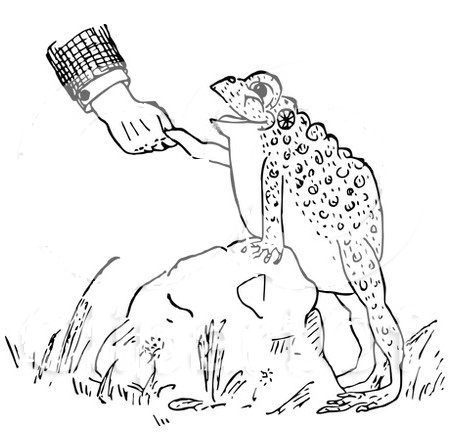
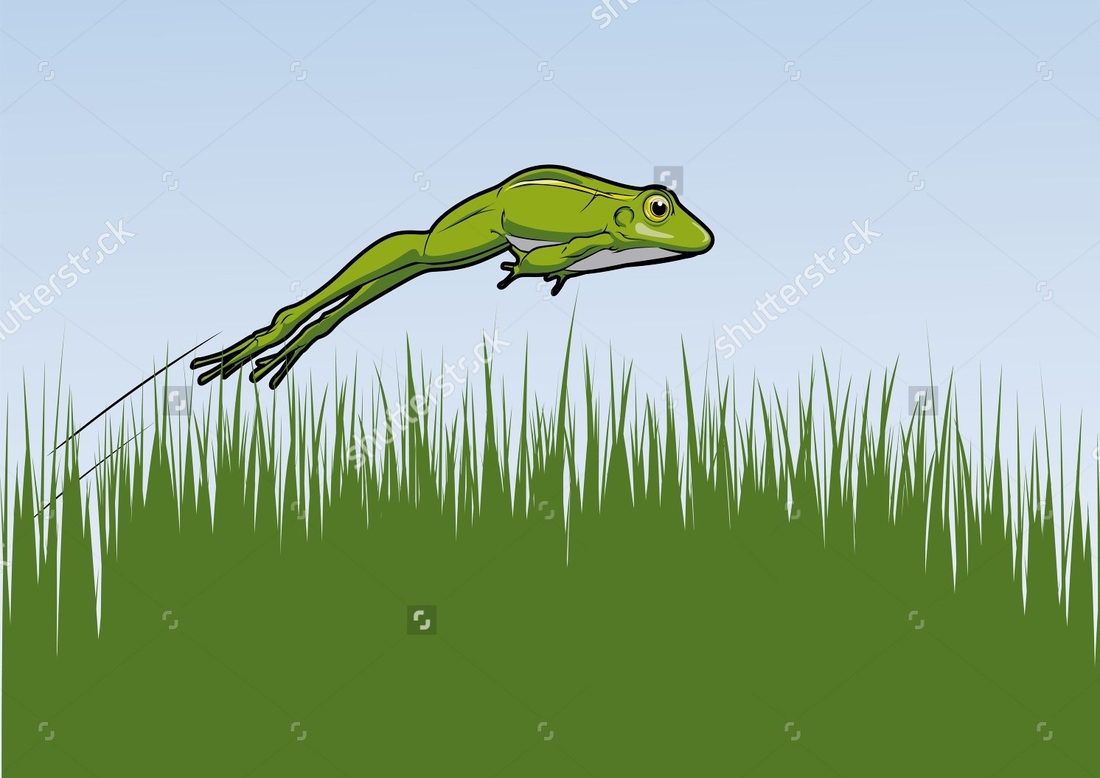


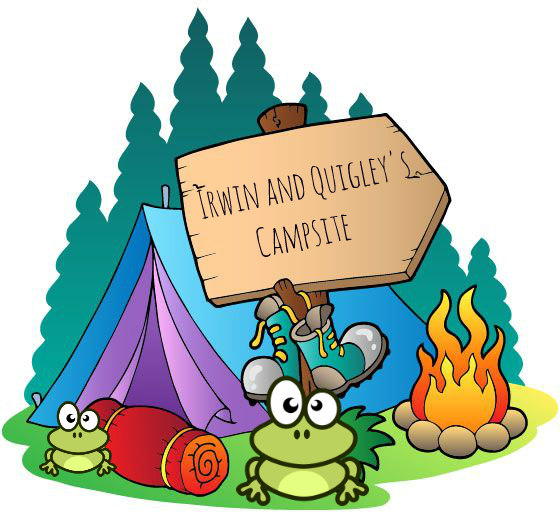
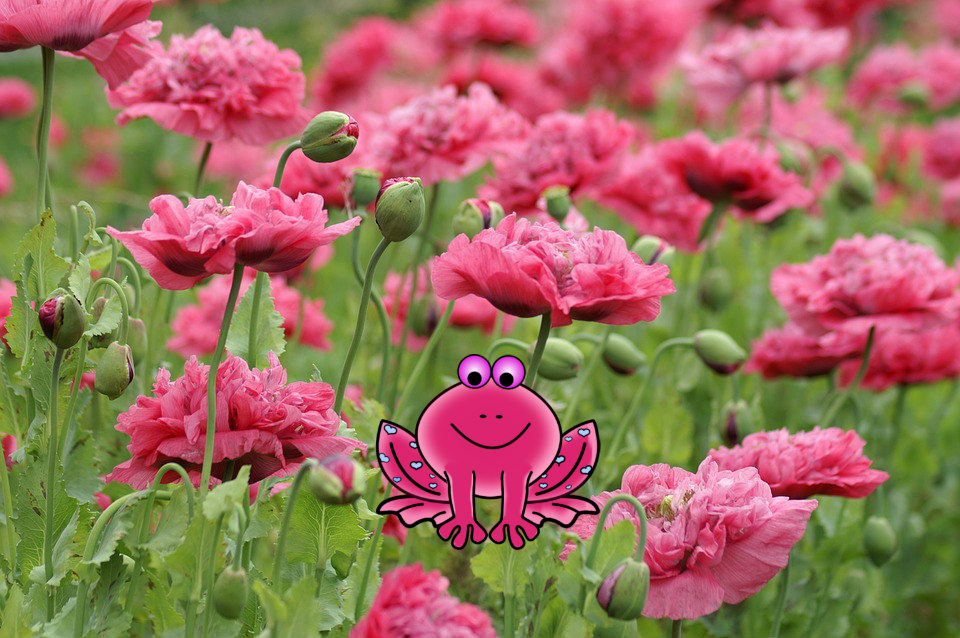
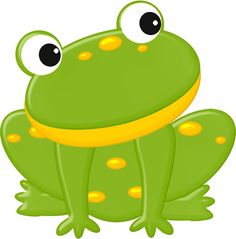


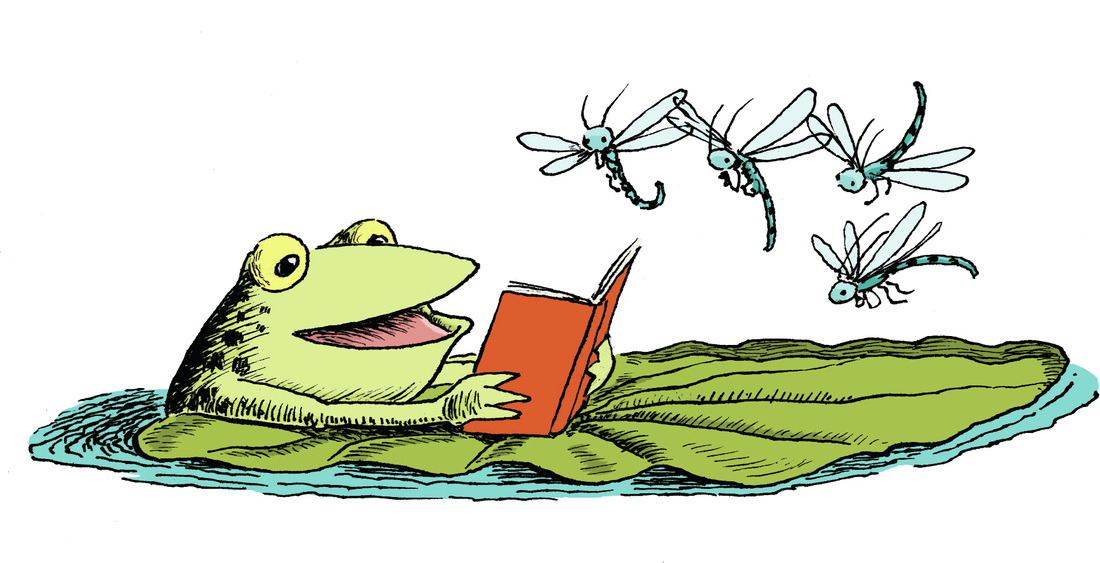
 RSS Feed
RSS Feed